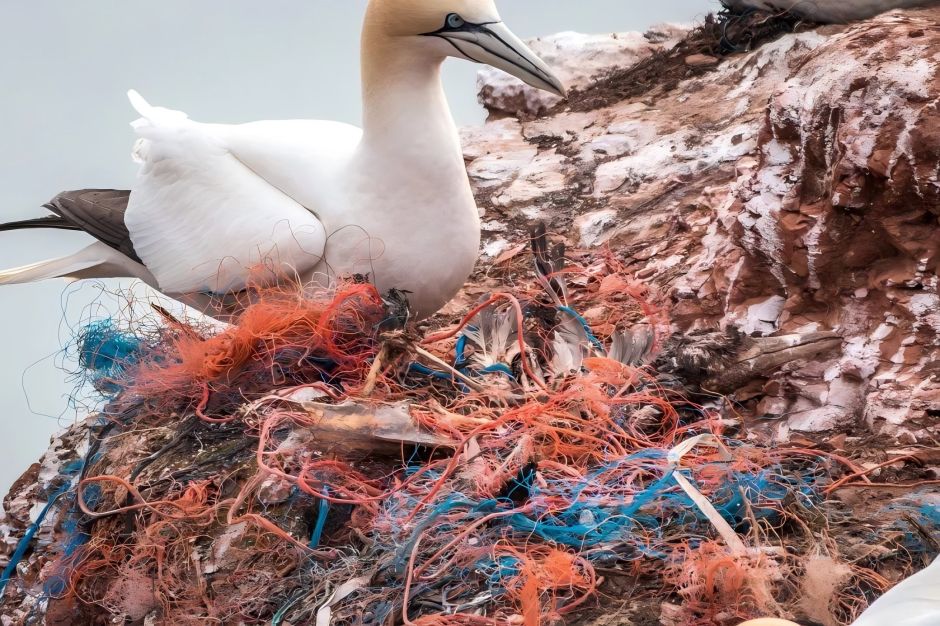Embrace Green Life and Choose Degradable Trash Bags
Plastic pollution has become an undeniable global issue, with millions of tons of plastic waste produced annually. Unfortunately, only a small portion of this waste is properly managed. The majority of plastic waste eventually enters the natural environment, where it can take hundreds of years to decompose. During this prolonged decomposition process, plastics release harmful substances that endanger ecosystems and human health.

The Emergence of Degradable Bags as a Solution
Degradable garbage bags offer a promising solution to the plastic pollution crisis. These bags are typically made from biodegradable materials such as corn starch, sugarcane, or plastics with specific degradants added. These materials can be broken down by microorganisms under natural conditions, converting them into harmless substances like water, carbon dioxide, and biomass. This significantly reduces their environmental impact.

Challenges in Promoting Degradable Bags
Higher Production Costs
One of the main challenges in promoting degradable garbage bags is their higher production cost compared to traditional plastics. This cost difference can affect consumer acceptance and market penetration.
Variable Degradation Rates
The degradation rate of these compostable garbage bags can vary greatly depending on environmental conditions, necessitating further scientific research to optimize material formulations and ensure consistent performance.
Public Awareness and Education
A significant number of people are still unaware of the benefits of compostable garbage bags and the environmental harm caused by traditional plastics. There is a pressing need to enhance public understanding and awareness through education and advocacy.

Strategies for Promoting Degradable Bags
1. Education and Publicity
Enhancing public awareness about plastic pollution and the advantages of degradable bags is crucial. This can be achieved through community activities, school programs, and media campaigns. By educating the public, we can foster a culture of environmental responsibility and encourage the adoption of eco-friendly alternatives.
2. Policy Support
Government policies play a vital role in promoting the use of recyclable garbage bags. We should advocate for policies that restrict traditional plastic bag usage, provide tax incentives or subsidies for degradable bag production, and encourage businesses and consumers to opt for environmentally friendly products.
3. Innovative Technology
Investing in research and development is essential to improve the performance and reduce the costs of degradable materials. Encouraging scientific research institutions and companies to innovate will help make recyclable garbage bags more competitive in the market.
4. Demonstration and Leadership
Businesses and individuals can set an example by actively using eco friendly trash bags and demonstrating their commitment to environmental responsibility. This can inspire others to follow suit and promote wider adoption of eco-friendly practices.
5. International Cooperation
Plastic pollution is a global issue that requires international collaboration. By sharing degradation technologies and experiences through international exchanges and cooperation, we can accelerate the global transition to sustainable alternatives and collectively work towards banning plastic.

As volunteers dedicated to banning plastic, we understand the severe consequences of plastic pollution on our planet. It is our responsibility to advocate for the use of eco friendly trash bags through education, policy support, technological innovation, demonstration, and international cooperation. Although the journey towards reducing plastic pollution is long, persistence and collective action will ultimately lead to significant improvements. Let us start with ourselves, take action now, and contribute to a greener future for our planet.






